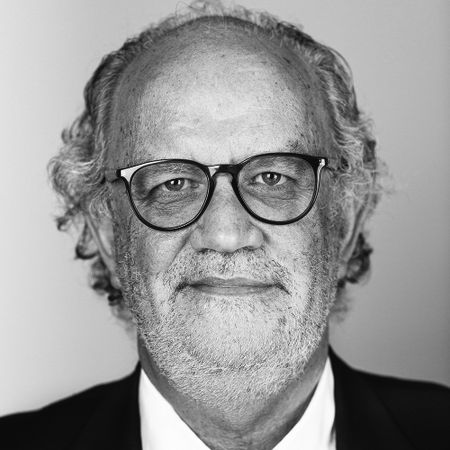Question: My wife and I are approaching retirement. We are in good health, have no debt and have built up a reasonable nest egg. However, we are paying R15,000 per month for life and dread disease cover – and the premiums are increasing a lot each year.
We don’t have any dependants, so life cover seems unnecessary at this stage. We do want to keep dread disease cover.
When I approached the insurer to cancel the life cover, I was told that the dread disease benefit would fall away too. What are our options?
Answer: This is a common issue and one that I regularly encounter. What do you do with the life insurance that you don’t need and will use up a lot of your pension?
Many insurers still link dread disease cover to a life insurance policy, which creates a problem. You want the dread disease cover but don’t need the life cover.
Before we start considering the alternatives, let’s try to understand why one would have this type of cover in the first place.
Life cover
We usually take out life cover to cover any debts and ensure that our salaries are covered while we still have dependants in the house.
If these needs are no longer there, and you don’t need to keep the cover for liquidity in your estate or to give to your children as an inheritance, then it really does not make any sense to keep the life cover. Because premiums generally increase steeply with age, you’re often paying a lot for a benefit you’ll never personally use.
Dread disease cover
Dread disease insurance covers all those additional medical costs that you will have should you become really ill with a dreaded disease. It pays out a lump sum on diagnosis of serious illnesses such as cancer, stroke or heart attack. The payout can help with:
- Out-of-pocket medical expenses not covered by your medical aid;
- Alternative or overseas treatments; or
- Non-medical costs (for example, home-based care, travel or accommodation).
As you get older and move on to a fixed income, the financial impact of a major illness can ruin you. That’s why this type of cover often becomes more relevant with age.
Given that you don’t need the life insurance, but you do have a need for dread disease cover, I would recommend that you consider one of the following options:
Switch to a stand-alone dread disease policy
There are insurers in South Africa that offer dread disease cover without tying it to life cover. Since you are still in good health, this is worth exploring. I’ve helped many clients get stand-alone cover in their sixties.
Self-insure
Another option is to carry the risk yourself by building up a fund to cover this type of expense. Before you do this, I would recommend that you speak to a decent financial planner. You need to ensure that your medical aid and gap cover are robust enough.
If you redirected the R15,000 a month that you are spending on your risk cover, you would build up a fund of more than R1,000,000 within five years if you achieved a return of 9% a year. Once you are in that position, you will not really need the dread disease cover, as you will have the funds to meet a lot of those additional needs.
The risk comes if you become really ill in the first five years.
An alternative option is to do this in stages. You reduce your current cover each year and invest the amount that you save in premiums. Over time, you will build up sufficient capital to allow you to cancel all the risk cover.
Continuing to pay escalating premiums for life cover you no longer need is probably not the best use of your money. Whether you get a stand-alone dread disease policy or begin building a reserve fund, the goal should be to cover the risk in a way that’s sustainable and aligned with your stage of life. With a bit of planning and the right advice, you can retain peace of mind without sacrificing your financial freedom. DM
Kenny Meiring is an independent financial adviser. Contact him on 082 856 0348 or at financialwellnesscoach.co.za. Send your questions to kenny.meiring@sfpwealth.co.za
This story first appeared in our weekly Daily Maverick 168 newspaper, which is available countrywide for R35.






 Life insurance. (Photo: iStock)
Life insurance. (Photo: iStock)